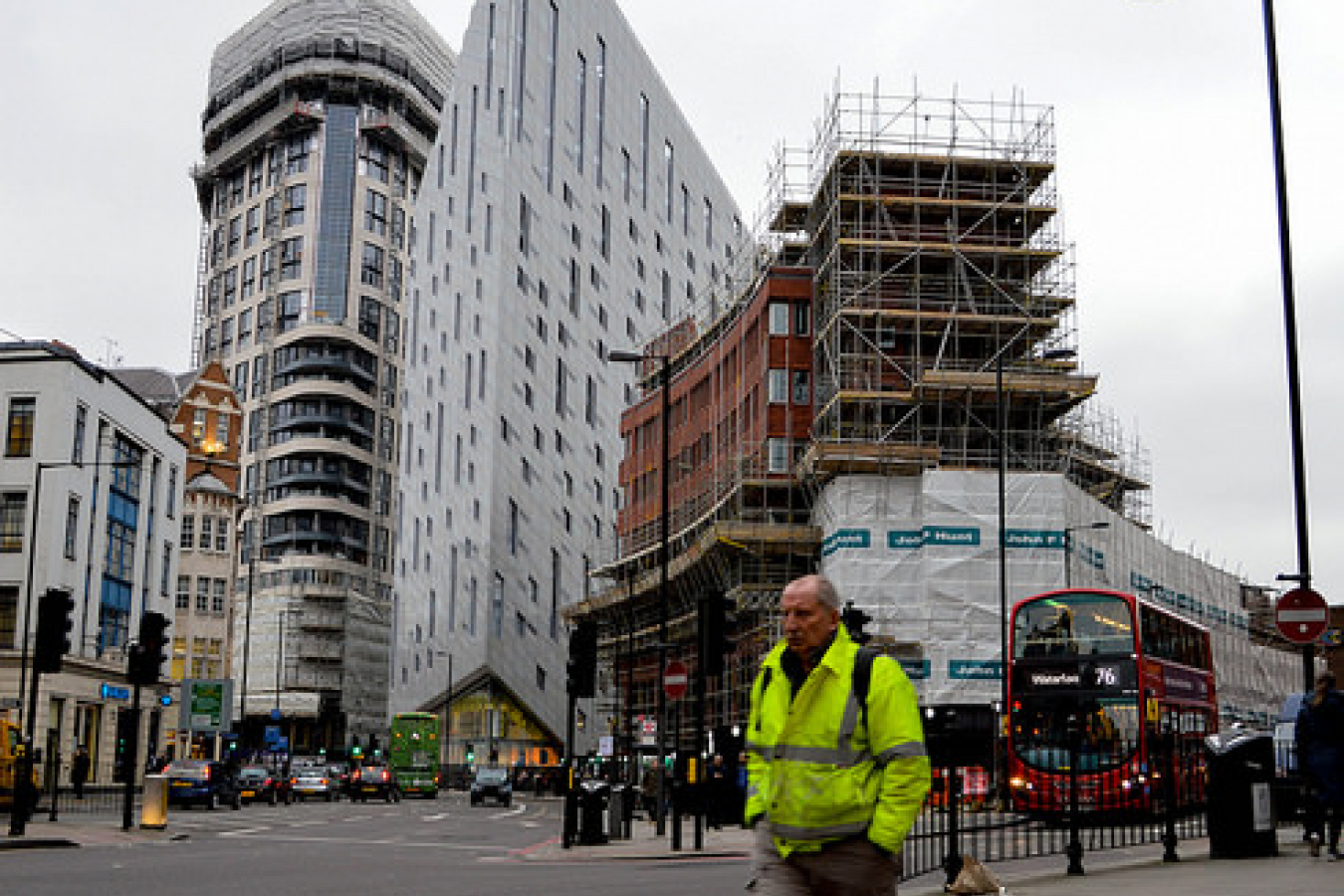 • Media Center » Video Immigration News
• Media Center » Video Immigration News
The United Kingdom's Immigration and Borders Agency has published a consultation paper that proposes to cut the validity period of British visit visas by 50%. A related condition would be that families must post a cash, £1,000 "visa bond" to ensure relatives leave when their visas expire.
As well as shortening standard tourist visas, the introduction of special occasion visas for events, such as the London Olympics in 2012, is being considered.
Additionally, use of visit visas for business travelers will cease and a new class of visa will be created for that purpose. This would prevent business executives from using the easily-obtained permits as a back-door to work, rather than obtaining more expensive or difficult visas.
About 1.7 million people, accounting for 23% of all visitors to the UK last year, entered to conduct business.
The proposals are part of several recent policy changes that add to restrictions Prime Minister Gordon Brown's government has already announced in preparation for the introduction of the new points-based, "Tier" system that will begin to come into effect during March, 2008. The moves are among many measures aimed at tightening the entire visa system.
Immigration Minister Liam Byrne described recent changes as the "biggest shake-up of the immigration system in history."
The idea of UK families sponsoring relatives visiting from outside of the EU by paying a cash bond is not a new one. If family members don't return home when the visas expire, the money is forfeited. The "visa bond" is intended to target those who deliberately overstay or work illegally in the UK.
In 2000, a similar program was proposed, but it was shelved after protest from immigrant communities.
Applications for visas have gone up by about 50% over the past five years, with more than 2 million issued in 2006.
"Tougher checks abroad mean we keep risky people out," Mr. Byrne, said in an e-mailed statement from London. "Our aim is to make the system both more secure, but also to ensure that we maintain the U.K.'s position as a destination of choice for tourists."
A new specific visa for athletes competing in sporting events such as the London 2012 Olympics is also planned, alongside a "specialist" visa to encourage artists, performers and movie-makers into the country.
In 2006, 12.9 million travelers entered the UK from outside the EU/EEA, 58% as tourists or business visitors, according to Home Office statistics. They contribute £85 billion ($171 billion) a year to the tourist industry.
To encourage group travel to the UK, the government is now suggesting the introduction of a specific tourist visa, which could be time-limited and competitively priced. To encourage foreign visitors for sporting and cultural events, another new form of visa could also be created. Such visas could be tied specifically to certain events.
The proposals have already been attacked as unfair and impractical by campaigners and politicians.
Among several objections raised, consideration for families that are having weddings is being used as an example of how the visa bond policy could be quite unfair. For immigrants, or the descendents of immigrants, who want to include many family members from their home countries, they could be forced to post £50,000 bond just for 50 guests.
Habib Rahman, chief executive of the Joint Council for the Welfare of Immigrants (JCWI), said "It will create hardship for families. This means that only with fat wallets will people be able to bring their families."
He added that even cutting the length of the tourist visa would make it even less "cost effective" for relatives to visit.
The proposals now go to consultation for public comments until March 10th of next year. The government is expected to issue its final proposals within 90 days after that. Similar measures had been considered in 2000, but were shelved after protests from immigrant communities.




